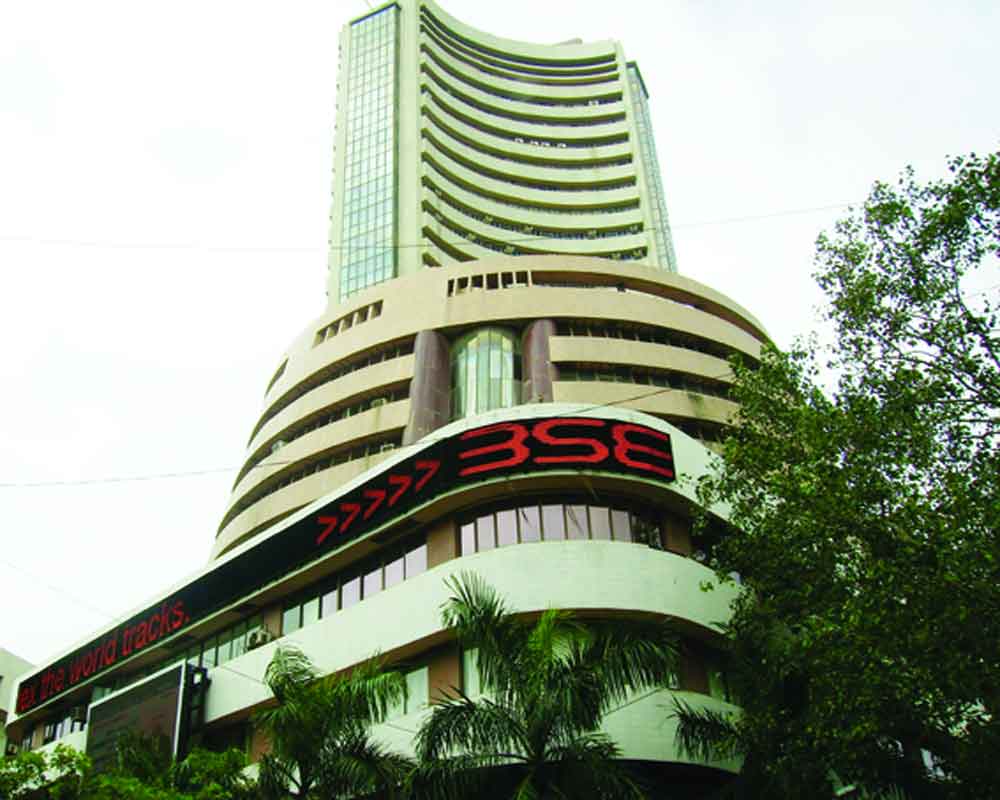The Indian stock exchange overtakes Hong Kong's, securing fourth place globally
In what must come as happy news for its economy, India's stock exchange has surpassed Hong Kong's to become the fourth largest global equity market. This accomplishment underscores India's economic resilience and its growing significance in financial arena. The surge of India's stock exchange to this reputable position is due to a confluence of factors. Foremost among these is the comprehensive economic reforms in recent years. Measures such as the implementation of the Goods and Services Tax (GST) and the establishment of the Insolvency and Bankruptcy Code (IBC) have created a business-friendly environment, fostering investor confidence. Simultaneously, India has witnessed a steady inflow of foreign direct investment (FDI), driven by initiatives like 'Make in India' and liberalised FDI norms. These efforts have positioned India as an attractive destination for global investors. Technological advancements have played a pivotal role in transforming the Indian stock market into a more accessible and efficient platform. The widespread adoption of online trading platforms, mobile applications and other technological innovations have democratised investment, expanding the investor base. India's stock market has exhibited resilience during global economic challenges, navigating the uncertainties brought about by the Covid-19 pandemic. This ability to weather economic storms and rebound swiftly has reinforced investor confidence on both domestic and international fronts. The implications of India's stock exchange securing the fourth spot on the global stage are profound.
This achievement is expected to attract increased foreign capital, stimulating economic growth, job creation and supporting infrastructure development. Furthermore, the higher global ranking enhances India's visibility and credibility as an investment destination. The thriving stock market has the potential to translate into capital appreciation for individuals and institutions, thereby potentially boosting consumer spending and overall economic activity. However, amid these positive developments, challenges such as market volatility, regulatory concerns and geopolitical factors must be accounted for. A responsive regulatory framework is crucial to ensuring the stability and integrity of financial markets. Unfortunately, many cases of insider trading and unscrupulous practices have come to light. The sad part is that SEBI, entrusted to safeguard investor interests and regulate the market, has often failed in controlling the frenzy which results in wiping away a sizeable amount of small investors' money. That is a concern to be addressed immediately and SEBI must be made more powerful to deal with unscrupulous brokers and entrepreneurs. Indeed, India's stock exchange securing the fourth position globally is a momentous achievement that reflects growing appeal for investors. As India continues to enact reforms, attract foreign investment, it is poised for sustained economic growth. Managing challenges proactively will be essential to ensuring the long-term stability and vibrancy of our markets.


























